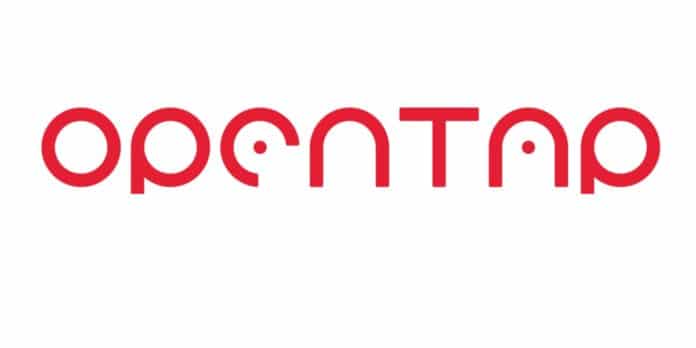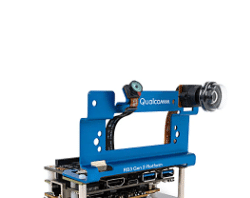Pickering Interfaces, supplier of modular signal switching and simulation solutions for electronic test and verification, is now an OpenTAP partner. Pickering joins other notable test companies in the open source, shared software workshop that enables users to contribute, collaborate and create automated test solutions.
OpenTAP focuses on simplicity, scalability and speed using test automation to create a more efficient world. The goal of OpenTAP is to make test automation easier and accessible for all, and it encourages shared experimentation and innovation, aiming to inspire and teach partners better ways to automate.
Comments Noman Hussain, Vice President, software and strategic business development, at Pickering Interfaces: “OpenTAP fits with Pickering’s ethos of enabling test engineers to develop the best possible solutions for their specific automated test requirements. We don’t want to limit anyone developing the next test platform by constraining them to choose a standard form factor from a limited catalog of test hardware; that is why we have over 2,000 modular switching and simulation products. Having an open source solution delivers a similar approach for test software, enabling test engineers to create, modify and customize their test applications without paying thousands in licensing fees and getting boxed into proprietary solutions.”
The Pickering card plugin for OpenTAP supports Pickering’s entire product portfolio through a single interface. The plugin is supplied with open source software, distributed under the MIT open source license. It enables thousands of like-minded applications engineers to leverage industry-leading switching hardware. They can customize the plugin, fix bugs, make feature requests and contribute changes and suggestions to the OpenTAP ecosystem.
Concludes Hussain: “Test engineers can use OpenTAP to help solve new test automation and system design challenges while preserving their closely-held IP.” Read the full blog article here.




